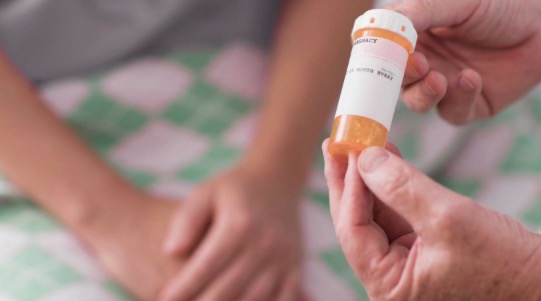Plan Ahead to Help Your Child with ADHD: Tips for Mastery of the Classroom Experience
Plan Ahead to Help Your Child with ADHD: Tips for Mastery of the Classroom Experience

Children with ADHD benefit from knowing what to expect before they arrive to the classroom. This will not only prevent any potential issues (e.g., behavioral, academic) during the first days or weeks of school, but it will also provide the child with a much-needed boost of self-confidence, as they won’t be as overwhelmed with their new classroom environment, new teacher(s), classroom rules, peers, and the numerous other distractions and challenges they will face.
Children with ADHD thrive in structured environments and when they are provided clear and specific instructions. Unfortunately, your child’s academic environment won’t always (or consistently) provide these things, but you can create a sort of classroom crash course for your child in order to provide that sameness and structure that he/she needs.
Creating a behavioral plan with your child and practicing the techniques and strategies in the plan ahead of time is like taking a practice makes perfect approach: You and your child will understand and rehearse the objectives on the plan before he/she is presented with the situation and repeated exposure to the behavioral plan objectives will help your child master these tasks before school starts.
The behavioral plan can be tailored to your child’s unique needs, but oftentimes includes objectives such as impulse control strategies (e.g., reducing interrupting/talking out of turn), managing restlessness/fidgeting, following directions (e.g., listening skills), and getting homework/assignments completed on time.
Below is an example of one component of the behavioral plan that you and your child can create and practice together so that you can both start the school year prepared, confident, and ready to get the most out of the academic experience.
Managing restlessness/fidgeting in the classroom
- Provide your child a “stress ball” that can be used at home when the child is participating in an activity that involves staying seated and concentrating
- This will teach your child to get used to squeezing the ball when he/she becomes restless in class
- Practice deep breathing exercises at home
- Take about 15 minutes every day for you and your child to practice diaphragmatic breathing, where you take several deep “belly breathes,” in through the nose and out through the mouth
- Instruct your child to practice this breathing exercise when he/she feels like “moving around” while doing a seated activity at home that requires sustained mental effort (e.g., put your child to do a series of math problems or writing exercises so that he/she learns to anticipate when it’s time to take a break for deep breathing)
The Pathways team of professionals has helped thousands of people with ADHD. We are Dedicated to effective and compassionate care for individuals with neurological challenges.
If you would like additional information on relaxation exercises, contact PNA for an appointment for a biofeedback session for your child
The post Plan Ahead to Help Your Child with ADHD: Tips for Mastery of the Classroom Experience appeared first on Pathways Neuropsychology Associates.
Source: Pathways Neuropsychology
Plan Ahead to Help Your Child with ADHD: Tips for Mastery of the Classroom Experience



















